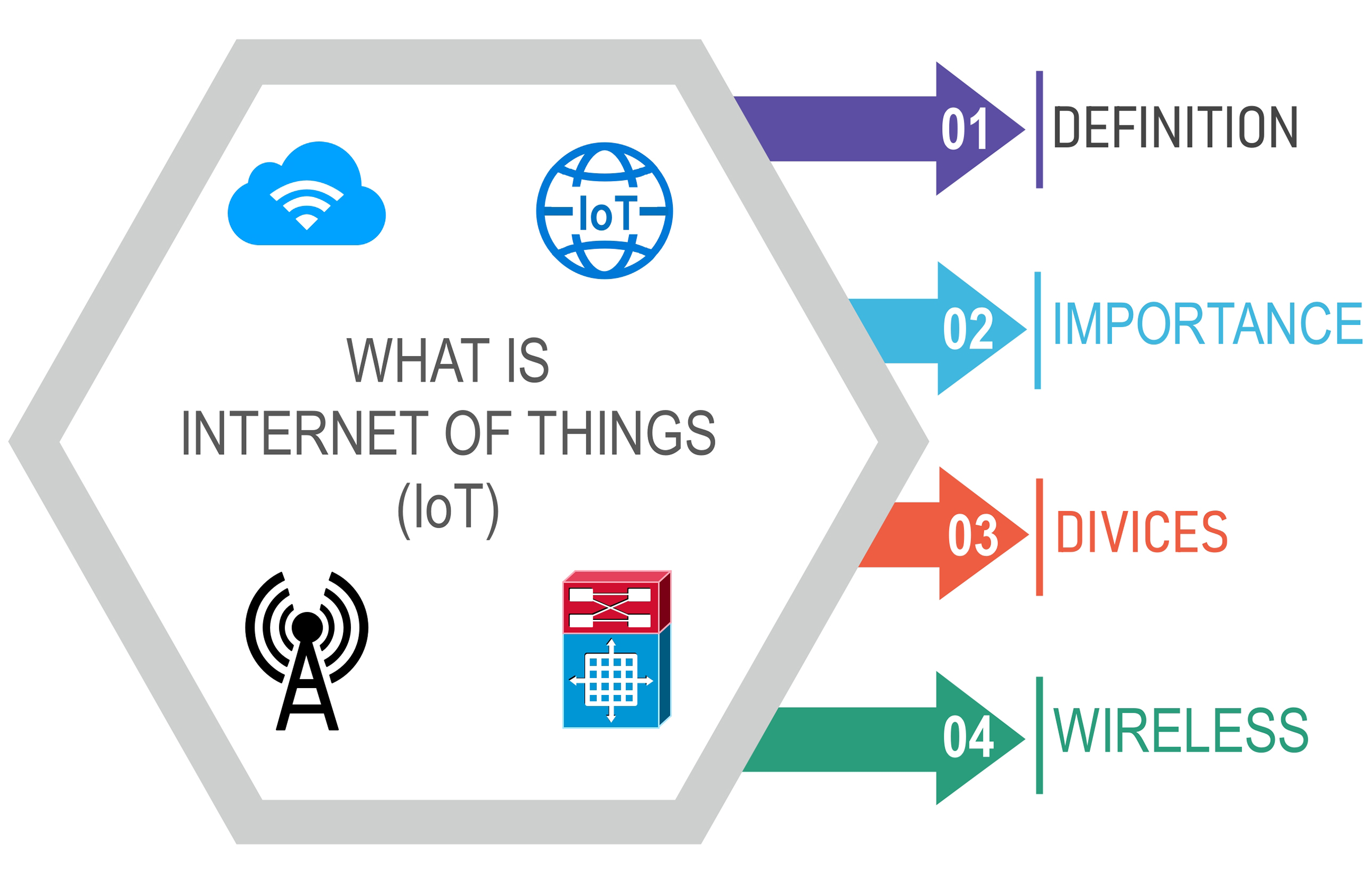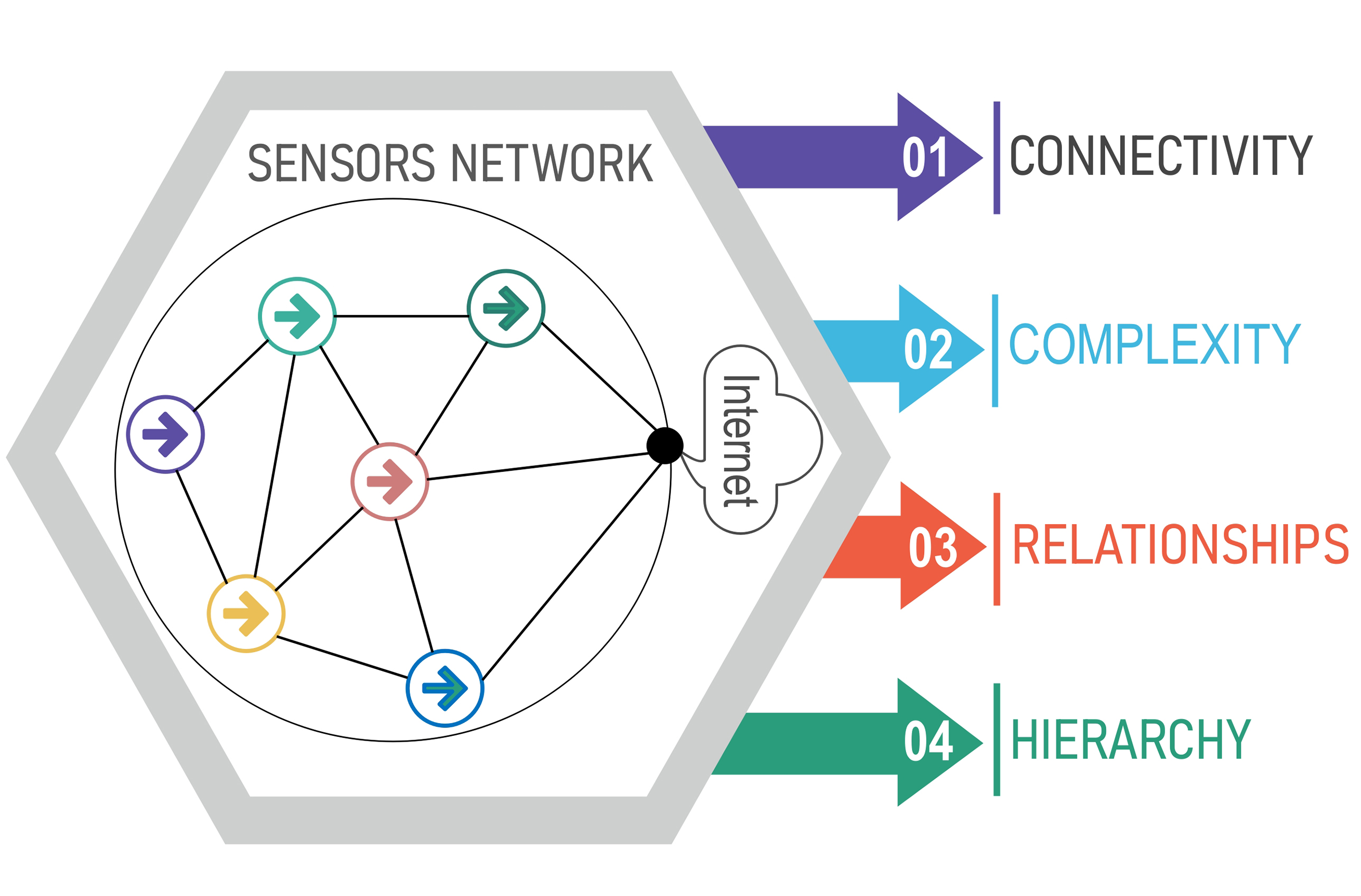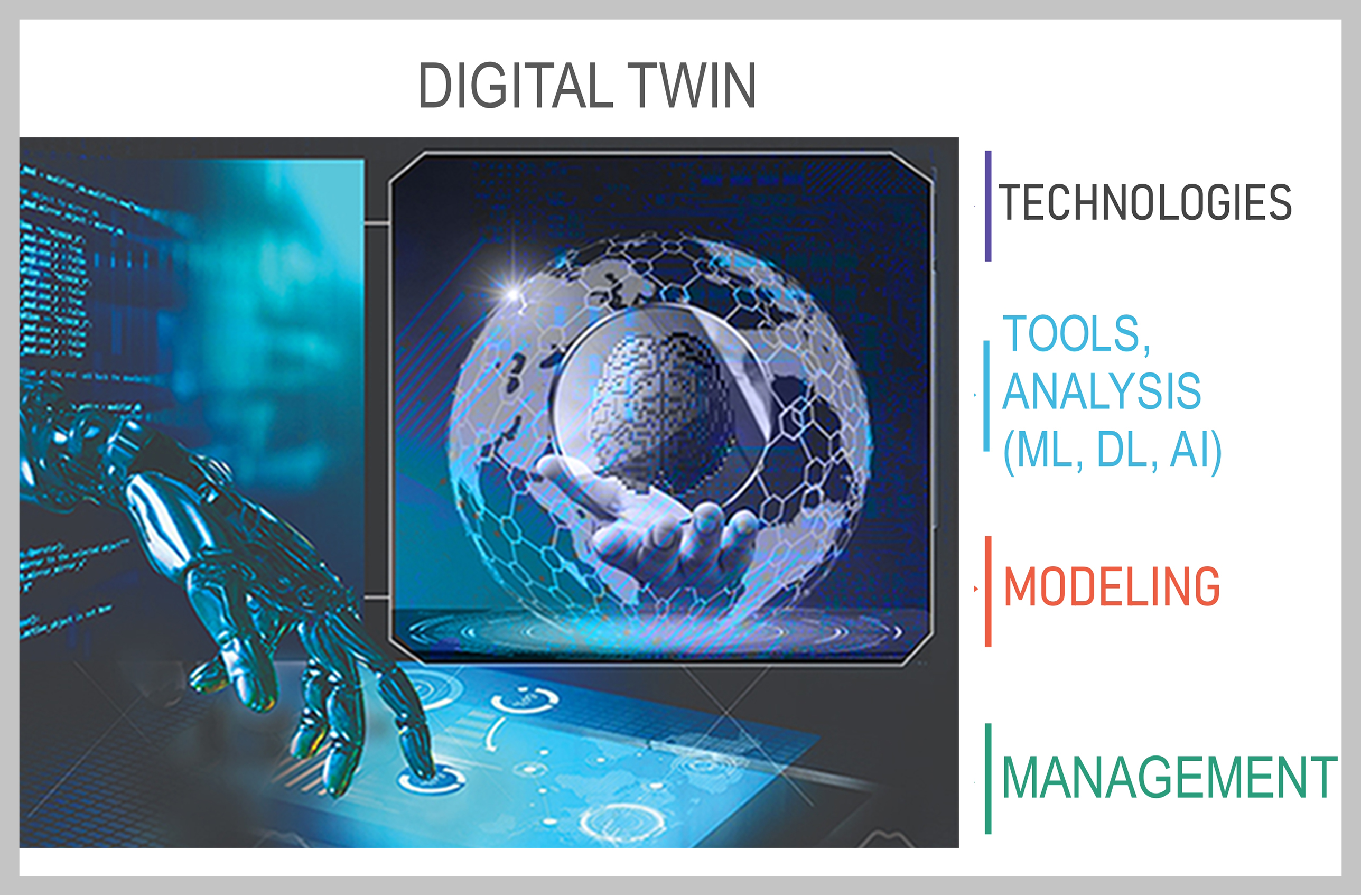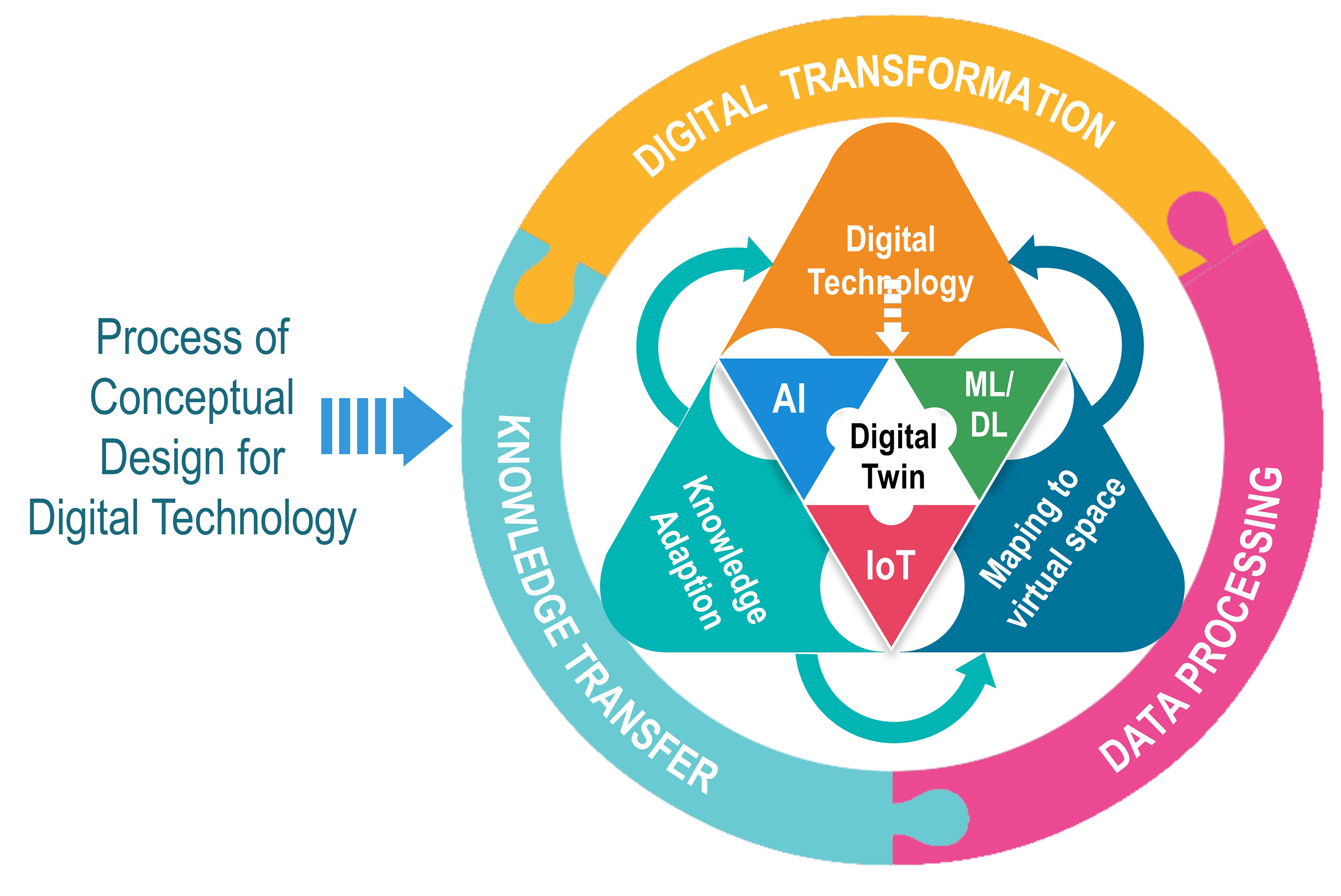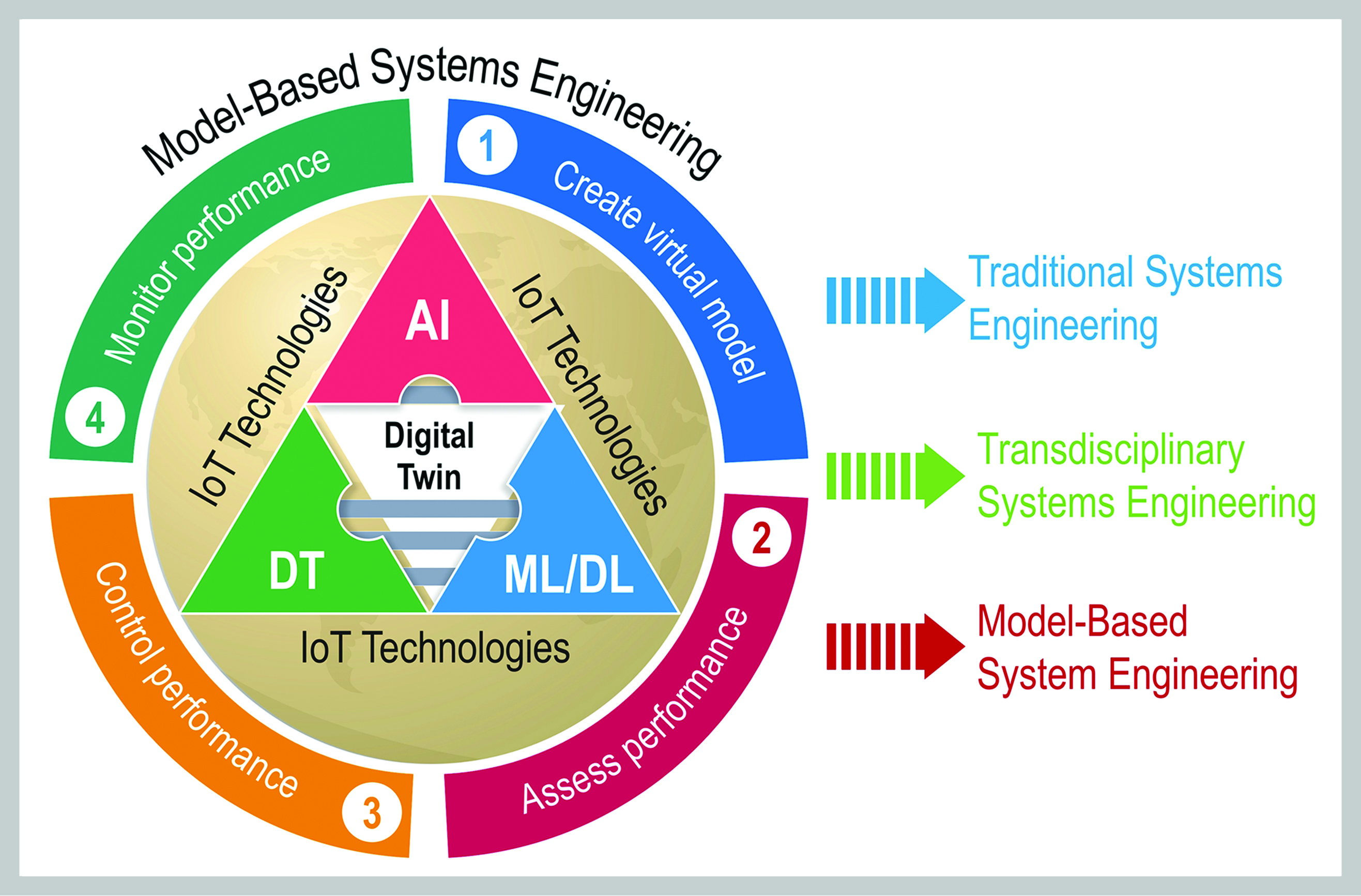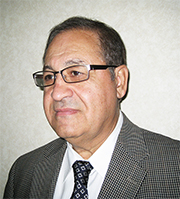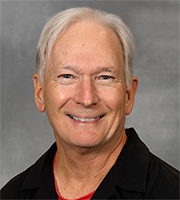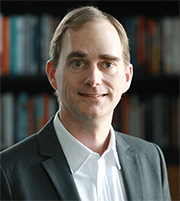Transdisciplinary Training & Learning Platform
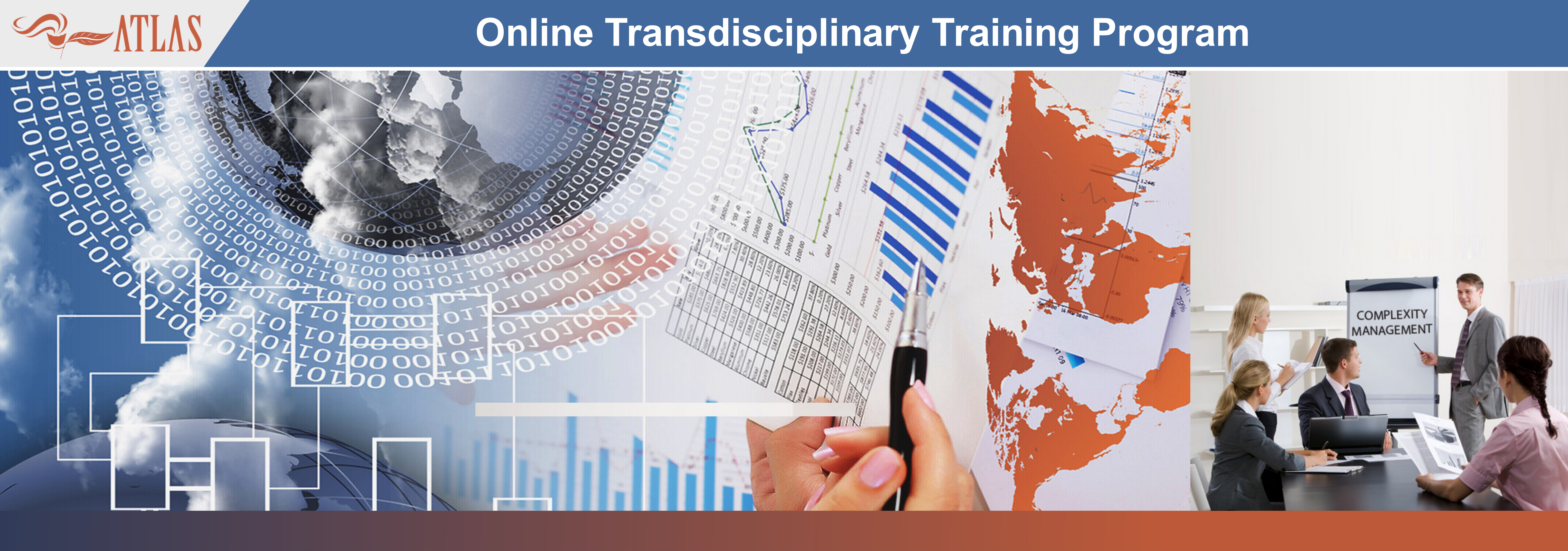
Racing to Build the Skills Necessary to Adapt in a Rapidly Changing World
Transdisciplinary (TD) learning and training is the investigation of a pertinent idea, matter, or challenge that combines the viewpoints of several disciplines to establish a link between new understanding and comprehension and practical applications. Transdisciplinary training is unique in that it aims to produce engineers and scientists who combine the methodological and theoretical views of several fields. Because of this, transdisciplinary researchers are more equipped to handle the complexity of today's wicked problems. Transdisciplinary approaches are becoming more and more necessary in many domains, including medicine, the biosciences, and cognitive science. To tackle the multifaceted and intricate issues that modern society faces, new approaches must be supplemented to education and research.The rapid technological change and convergence in the globally competitive economy are causing current and future upheaval in job markets. A paradigm shift in engineering education is required in response to these job market uncertainties to mitigate unemployment and prepare engineers to tackle problems requiring a convergence of disciplines. Individuals may have to change career paths more than one time in their lifetime. However, a fast transition is not practically possible. To be competitive in professional life, engineers will need to have a novel set of skills and talent centered around creativity, innovation, and system integration. We envision integrating generic skills and knowledge to shape human-technology partnerships, improve professional performance, increase career longevity and job satisfaction, and facilitate life-long knowledge and skills acquisition for the convergent future. Serving Students Around the World As a leading transdisciplinary (TD) non-profit organization, ATLAS offers online TD skills and tools training on designing complex systems. TD training program can step up your professional development, help you stay current in today’s competitive marketplace, and advance your career. TD training program supports you during your professional career and helps you to apply TD new knowledge through critical thinking and problem solving.
Training Course #1: Managing Complexity through Integrated TD Tools
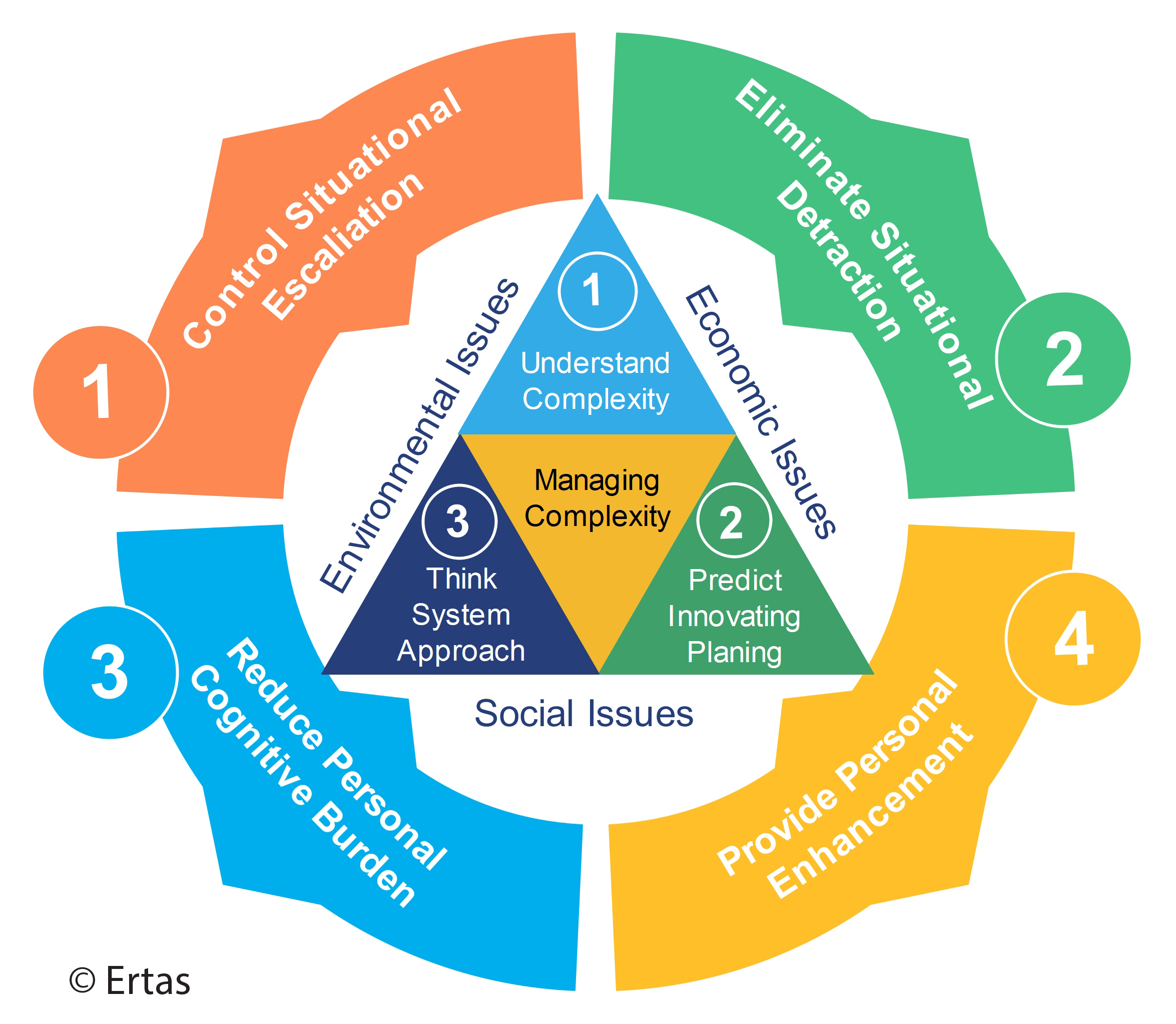
Figure 1.1: Managing complexity.
Effective handling of complexity is crucial to prevent it from taking over the design process and hindering the development of practical solutions. In this regard, this course will offer a basic summary of the complexity and essential elements of the complexity management path shown in Figure 1 (Ertas and Gulbulak, 2024).
Overview of the Integrated TD Tools
In this part of the course, the integration of well-known TD tools that have been applied in many fields including product development, project management, many engineering disciplines, design of the organization, sustainable development, social issues, environmental issues, and others across many industries including automotive, aerospace, telecom, semiconductor, defense, transportation, energy, healthcare, agriculture, and more will be covered.
Training Course #2: Digital Engineering & Model Based Systems Design
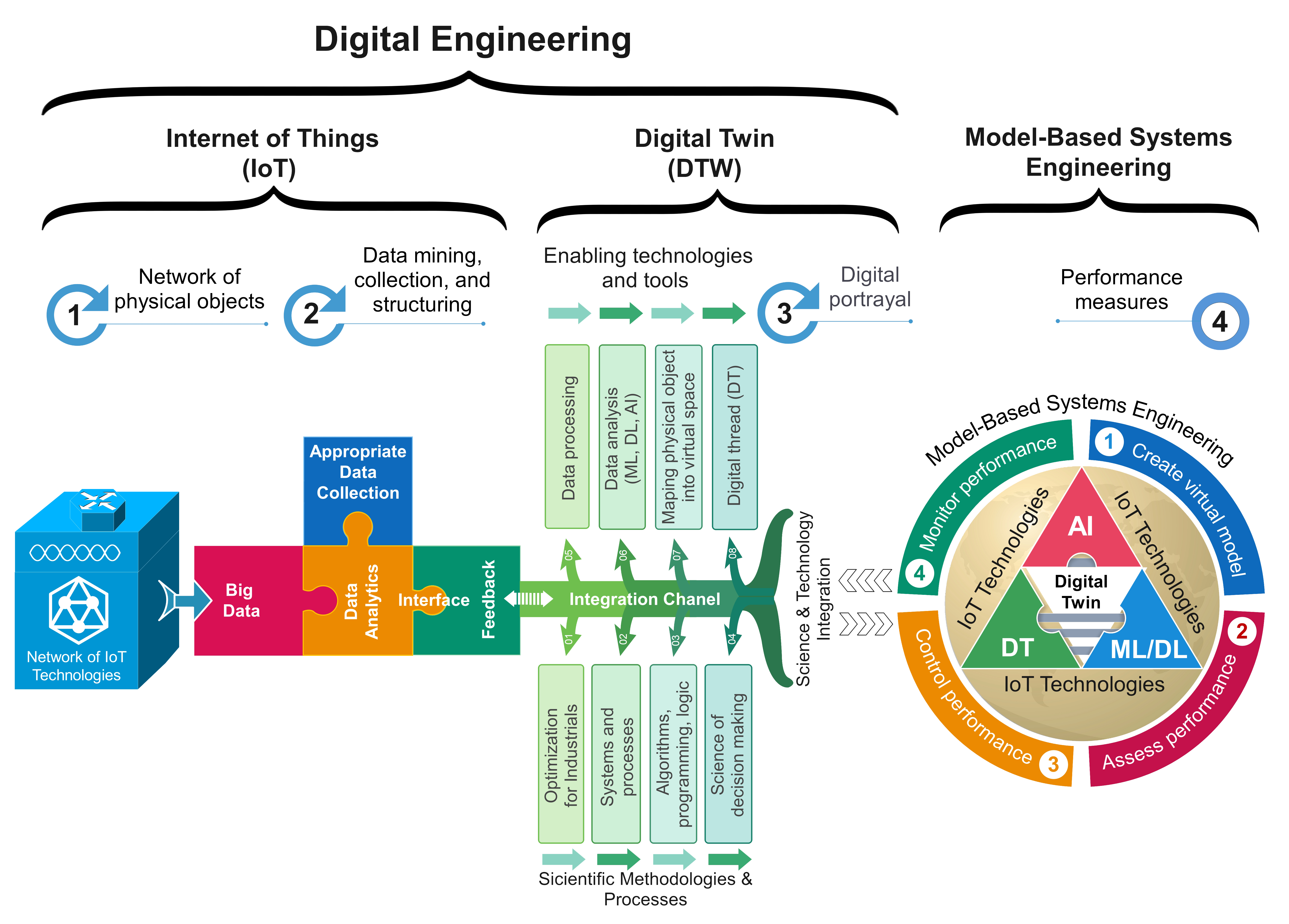
Figure 2.1: Transdisciplinary digital integrated model-based systems engineering.
A digital twin (DTW) is virtual representation of a physical system or process that can be used to mimic its behavior and gain a better understanding of how it functions in real life. It is updated dynamically through the use of cognitive services (data analytics, AI, and machine learning) to optimize the system/process's performance and collect real-time Internet of Things (IoT) data via sensor technology about the physical system/process (see Figure 2.1). Digital twins were successfully used by NASA, one of the first organizations to simulate space missions from the ground up (Ertas and Gulbulak, 2024).
In summary, the digital twin makes it possible to analyze data quickly and monitor systems and processes in real time. This enables early insights into system behavior and the capacity to reason and decide how best to operate the system (i.e., anticipating issues before they emerge). Real-world physical systems and devices that leverage Internet of Things (IoT) technologies—such as sensors—provide the input needed to develop DTW. Digital Twin is able to collect information from Internet of Things sensors and conduct iterative experiments in order to evaluate various operating strategies and understand system behavior (Ertas and Gulbulak, 2024).
This course will offer an understanding of the digital engineering and overview of a model based system design shown in Figure 2.1.
Figures 2.3: The key subjects covered in the digital engineering & model-based systems design course.
Who Should Use This Program?
If you are an academic educator or working for aerospace, automotive, defense, and manufacturing companies as a systems engineering professional, technology professional, technology consultant, or engineer and would like to explore various design processes involved in product development, complex social problem solutions, and sustainable development, these four weeks of instruction, per course, are ideal for you. Your comprehension of the transdisciplinary methods to complicated problem-solving will advance as a result. Upon successful completion of these two courses of training, ATLAS grants a certificate of completion to participants.
Important Lessons Learned
- Learn how to use integrated TD tools through case studies.
- Learn models and methods to manage complex systems.
- Learn about challenges you may encounter when solving complex problems.
- Understand the distinctions between traditional systems engineering, transdisciplinary systems engineering, and model-based systems engineering.
- Develop your understanding of applying machine learning, deep learning, and the Internet of Things (IoT) to support model-based systems engineering.
The Academy of Transdisciplinary Learning & Advanced Studies (ATLAS) Teaching Team
Dr. Atila Ertas
Dr. Clifford Whitcomb
Dr. Derrick Tate
Dr. LynnDee Ford
We Are The ATLAS Online
This is the Academy of Transdisciplinary Learning & Advanced Studies (ATLAS) serving students and practicing engineers worldwide. Proficient academics with extensive knowledge in the field and experts from the industry will create the training course syllabuses. This cross-disciplinary training program aims to give practicing engineers and students a distinctive learning opportunity that emphasizes integrative, project-based transdisciplinary learning.
CONTACT US
PHONE:(806) 535-8644
E-mail: This email address is being protected from spambots. You need JavaScript enabled to view it. or This email address is being protected from spambots. You need JavaScript enabled to view it.


